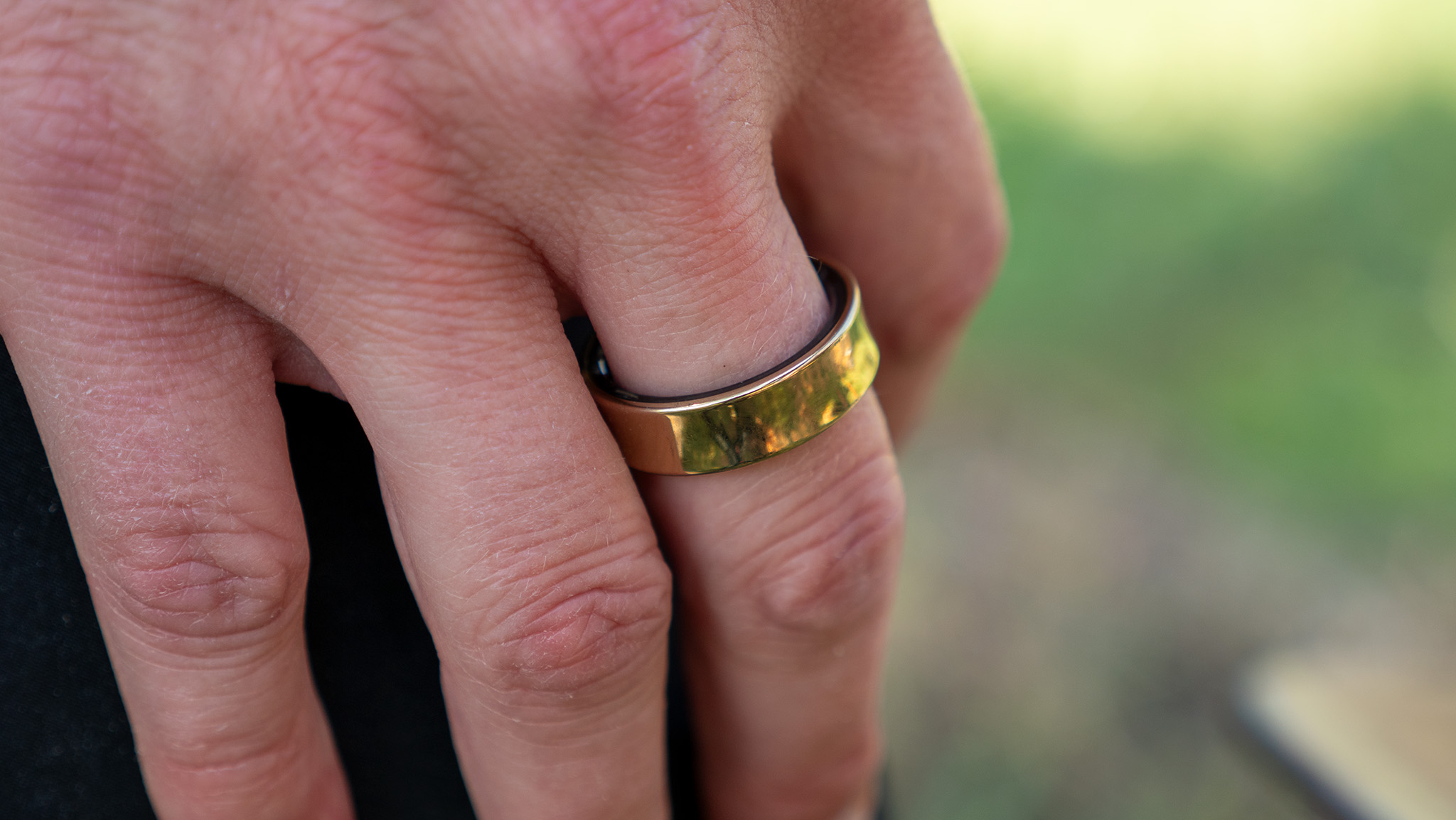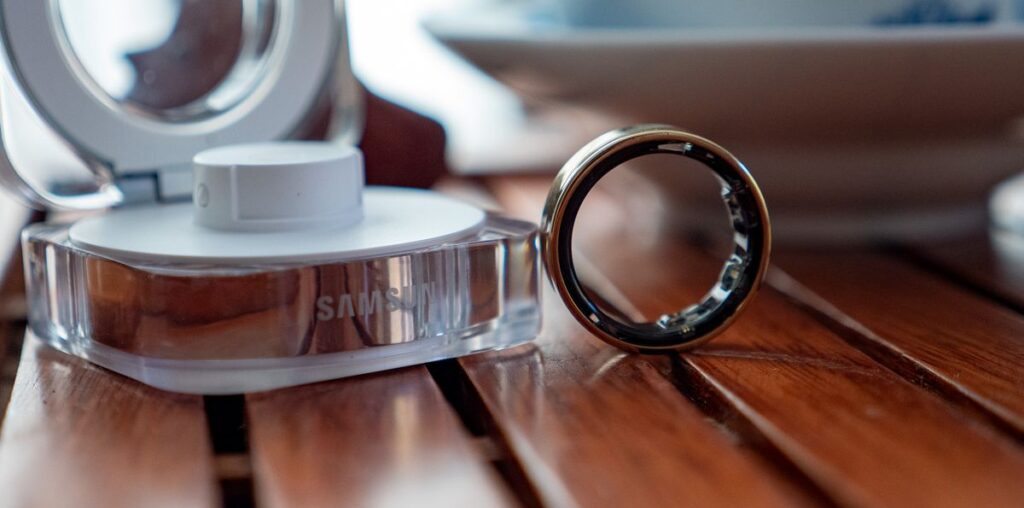Nearly four months after launching the Galaxy Ring, Samsung decided to bring the wearable to India. The Galaxy Ring is now on sale in the country, and it costs ₹38,999 ($465), $65 more than what it retails for in the U.S. To put things into context, the Galaxy Ring costs ₹2,000 ($25) more than the LTE-enabled variant of the 45mm Galaxy Watch 7, which can be bought for ₹36,999 ($442) right now.
I don’t really understand who Samsung is targeting with its smart ring, and while the Galaxy Ring marks the brand’s introduction into a new segment, I don’t think the brand is likely to find many takers in India. The Galaxy Ring costs too much in the country, and there’s also the small matter of it not being a good product. Samsung says the cost of its products are determined by marketing after due research, but the fact remains that the Galaxy Ring has a hefty premium over its rivals.
Indian customers tend to be tech-savvy in general — a by-product of the population skewing younger — and while Samsung has a massive userbase in the country, there’s just not enough on offer with the Galaxy Ring to entice many buyers. The smart ring is able to track daily activity and sleep, but the accuracy of the data is in line with a budget fitness band, and doesn’t measure up to regular smartwatches — the Galaxy Watch 7 does a much better job at just about every metric.

The key differentiator of the Galaxy Ring is that it’s an “invisible” wearable; it’s not as cumbersome to wear as a smartwatch while still delivering useful health and activity metrics. If Samsung came out with the Galaxy Ring two years ago, then it would have been a different situation, because as it stands, there are better products that offer the same features and don’t cost anywhere as much.
I’m partial to the Ultrahuman Ring Air. I wore the smart ring through most of 2024, and while fitness monitoring is inconsistent, it consistently delivered usable insights. And coming in at ₹25,469 ($305) as of writing, it significantly undercuts the Galaxy Ring. Noise is a dominant brand in India’s budget wearable segment, and it has the Luna Ring; it isn’t particularly great, but if all you need is a smart ring that shows activity data, it is a decent choice — and it’s just ₹21,999 ($263).
Both products have their shortcomings, and if you want a smart ring with accurate activity monitoring, Amazfit’s Helio Ring is available in India for ₹24,999 ($300). My colleagues did extensive testing of smart rings, and the Helio Ring’s heart rate measurements proved to be the most consistent of the lot.
Samsung touts the seamless integration with other Galaxy devices, but right now, you don’t get much in the way of features. And while the brand positions AI as a differentiator, it doesn’t do enough with the basics to make it stand out.
It’s telling, then, that the Galaxy Ring is sold out in sizes eight through 13 just a few days after availability — Samsung likely brought a very limited inventory of smart rings to the country. It’s clear that smart rings are set to become a new revenue driver for the brand, and I’m crossing my fingers that a second-gen model of the Galaxy Band does more to justify the asking price.

